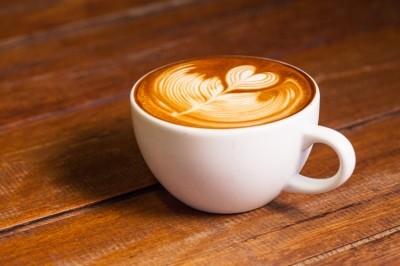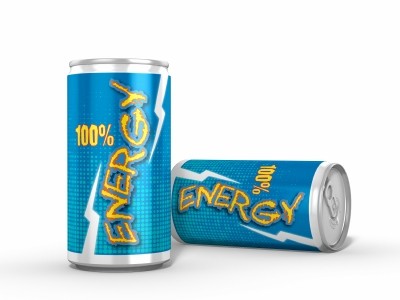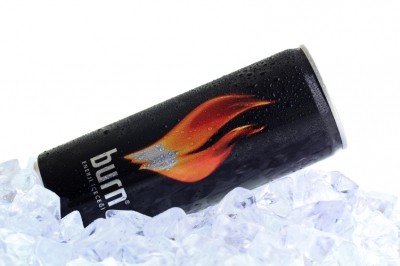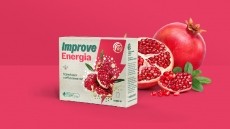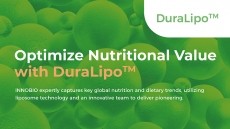BEUC calls for caffeine claim ban following EFSA opinion

Several health claims on endurance, alertness and concentration – approved by EFSA on a scientific basis but yet to be okayed by the Commission and member states due to public health questions – have been hanging in the balance in the run up to release of this final document.
“Now we look to the European Commission and member states to draw the obvious conclusions. If we are to ensure Europeans’ caffeine intake stays within safe limits, banning food manufacturer claims on how caffeine increases endurance, alertness or concentration would seem a wise move,” BEUC director general Monique Goyens said.
Various national safety assessments have been conducted on the safety of caffeine, but EFSA’s opinion is the first at an EU level.
The final published opinion stuck to its basic draft conclusions that:
- Single doses of caffeine up to 200 mg (about 3 mg/kg body weight for a 70-kg adult) did not give rise to safety concerns, even when consumed two hours before intense physical exercise.
- Habitual caffeine consumption up to 400 mg per day was not a safety concern for non-pregnant adults and habitual caffeine consumption up to 200 mg per day for pregnant women was not a concern for the foetus.
- Other constituents of energy drinks at typical concentrations (about 300–320, 4,000 and 2,400 mg/L of caffeine, taurine and D-glucurono-γ-lactone, respectively), as well as alcohol at doses up to about 0.65 g/kg body weight, would not affect the safety of single doses of caffeine up to 200 mg.
BEUC said it welcomed EFSA’s efforts to clarify certain points, for example why its conclusions on the interaction between caffeine and alcohol differed from more conservative conclusions of some national bodies.
It added: “As reflected in EFSA’s opinion, caffeine intake is clearly an issue in some EU countries, with for instance almost one-third of Danish adults consuming more than 400 mg of caffeine a day.”
